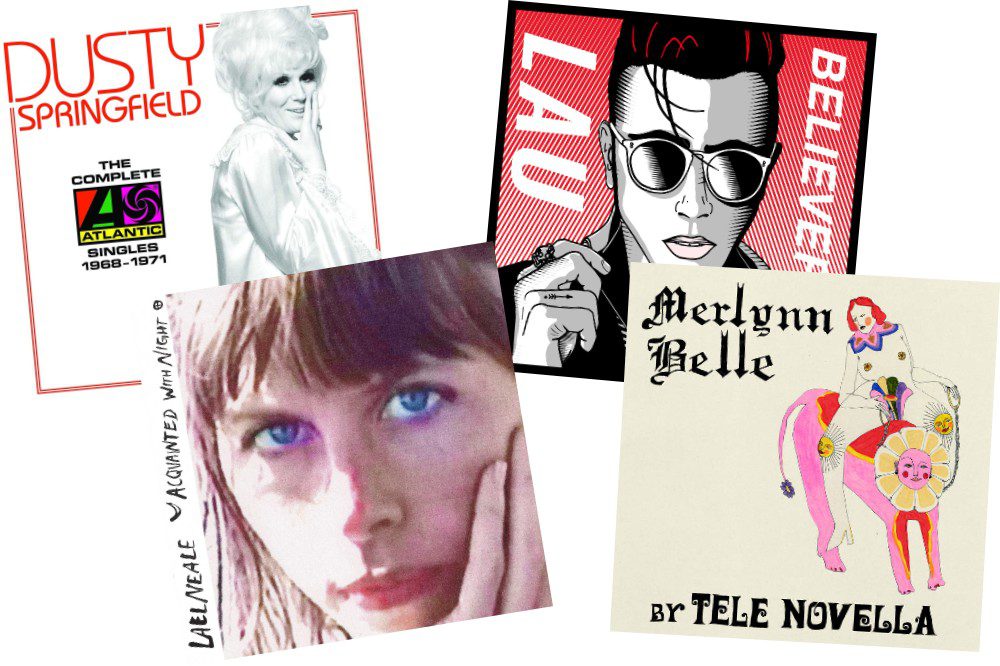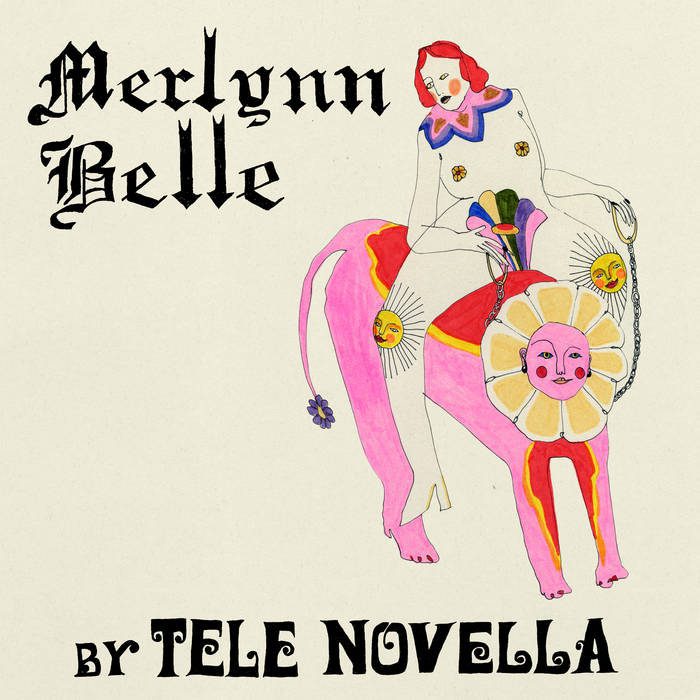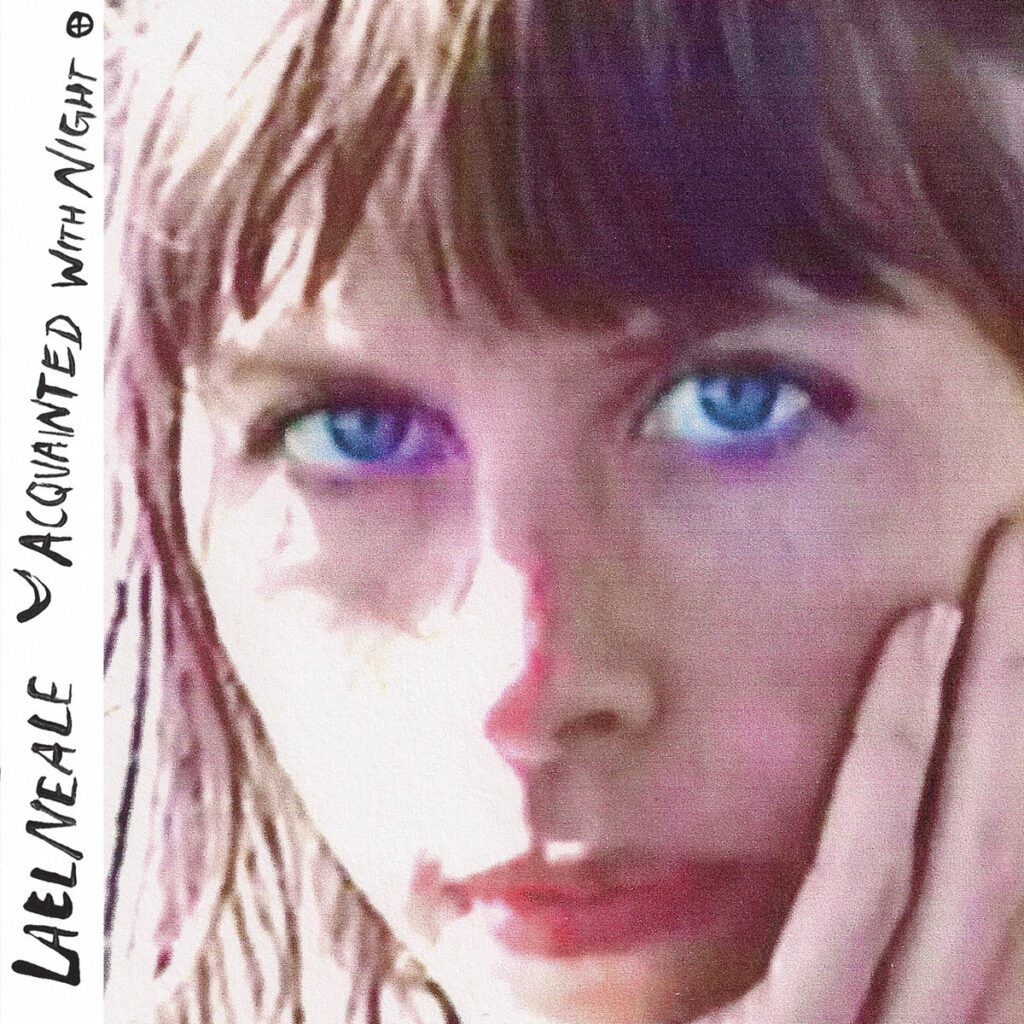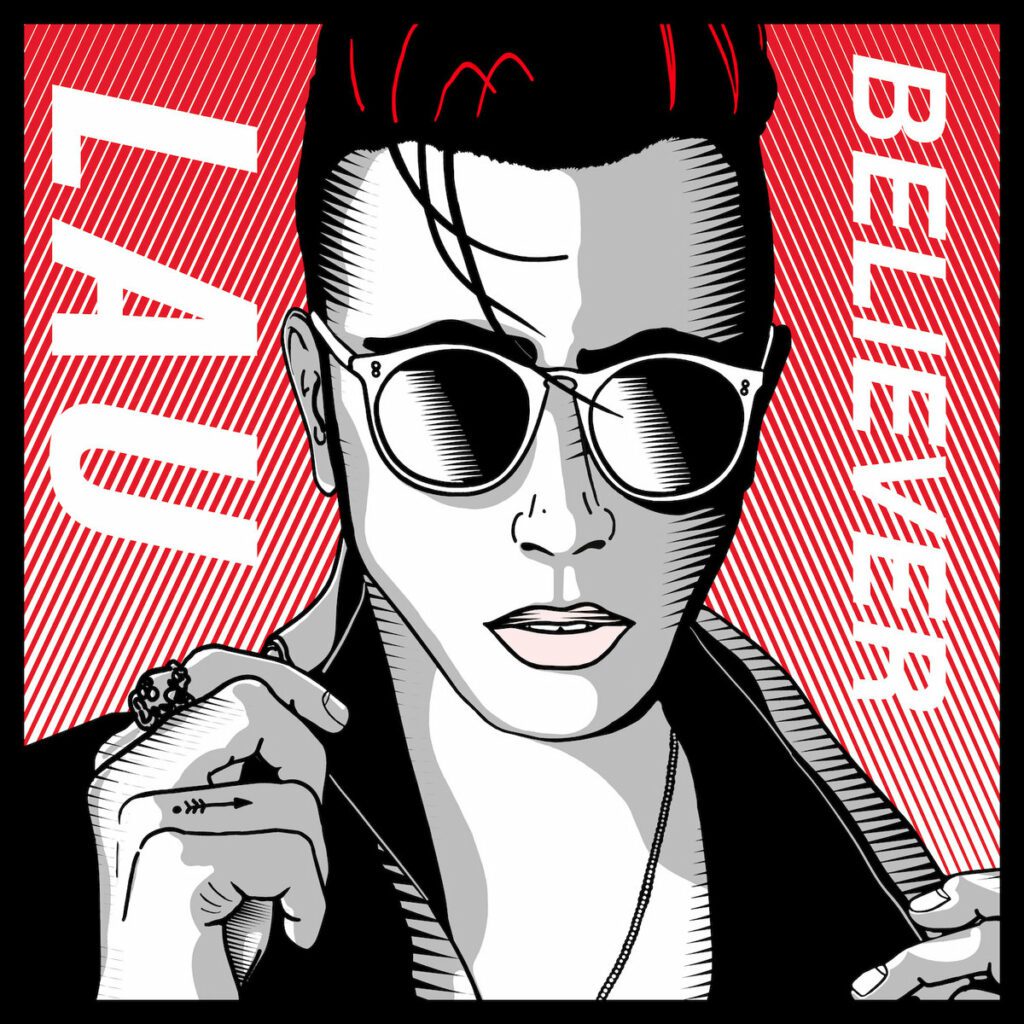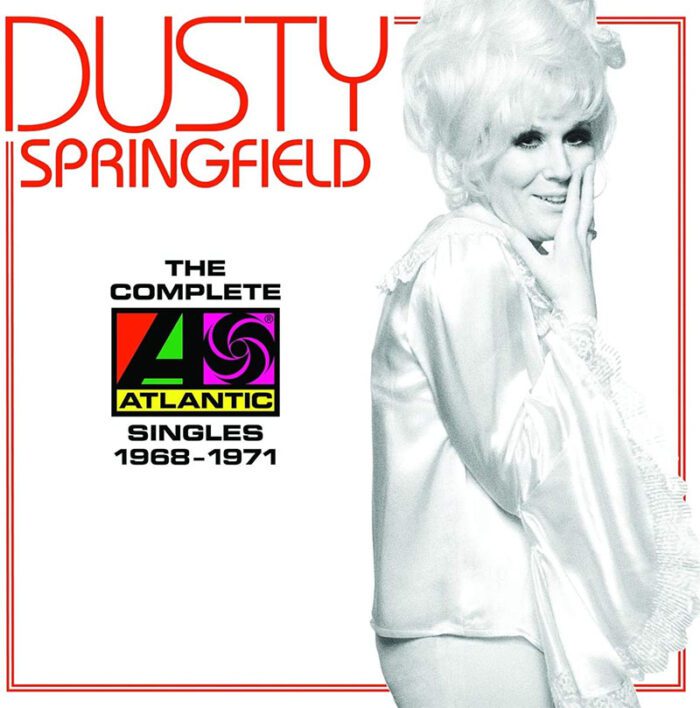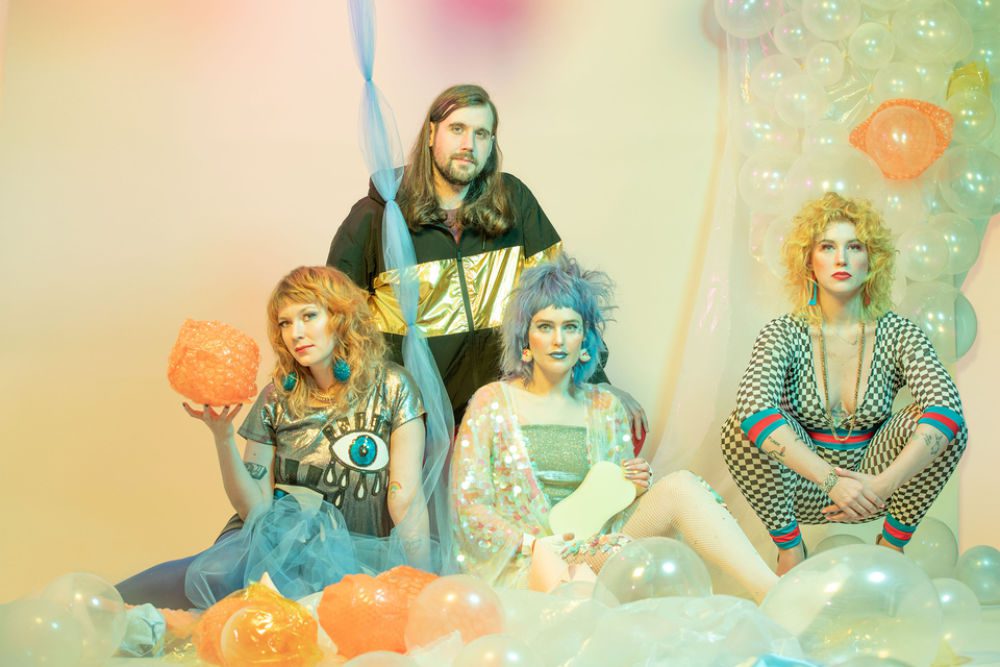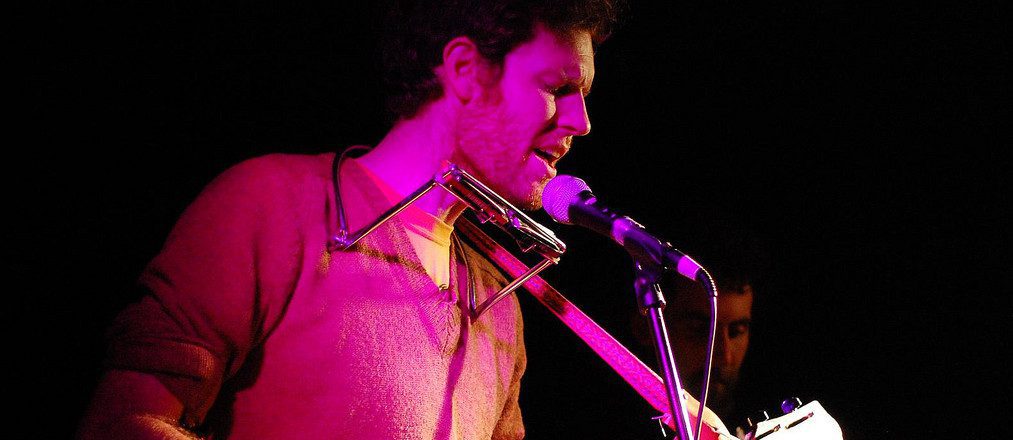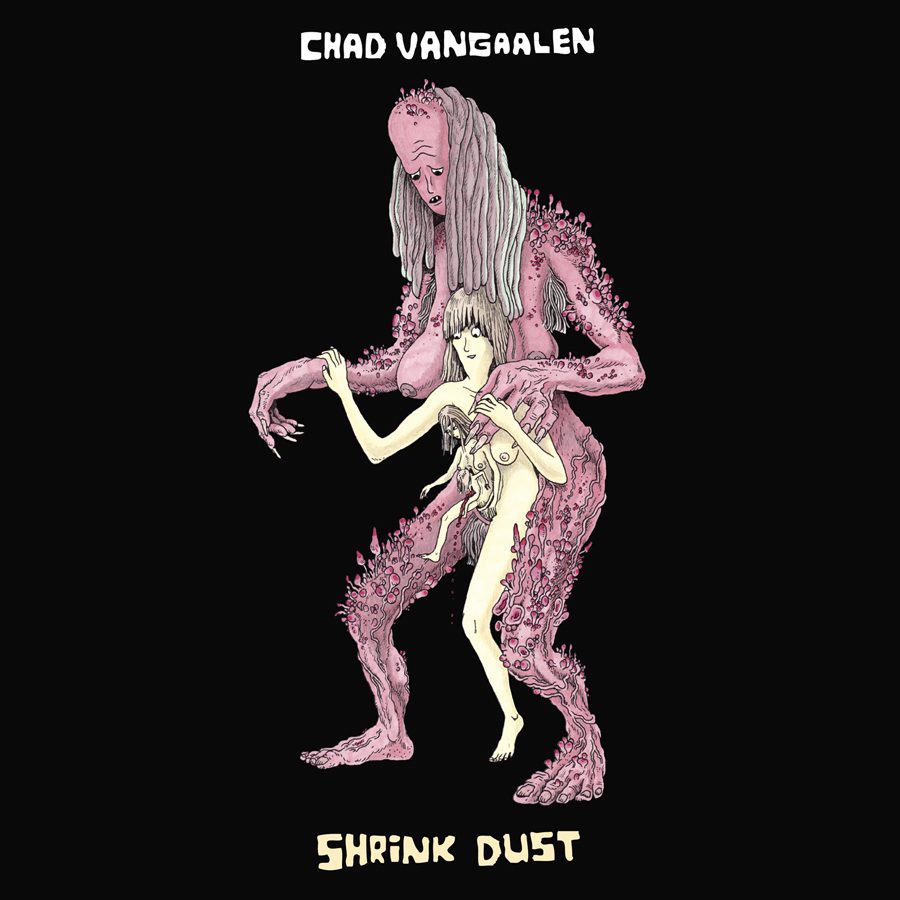MUSIQUE BOUTIQUE: Laura Love, Low, The Sweet Inspirations, The Beths
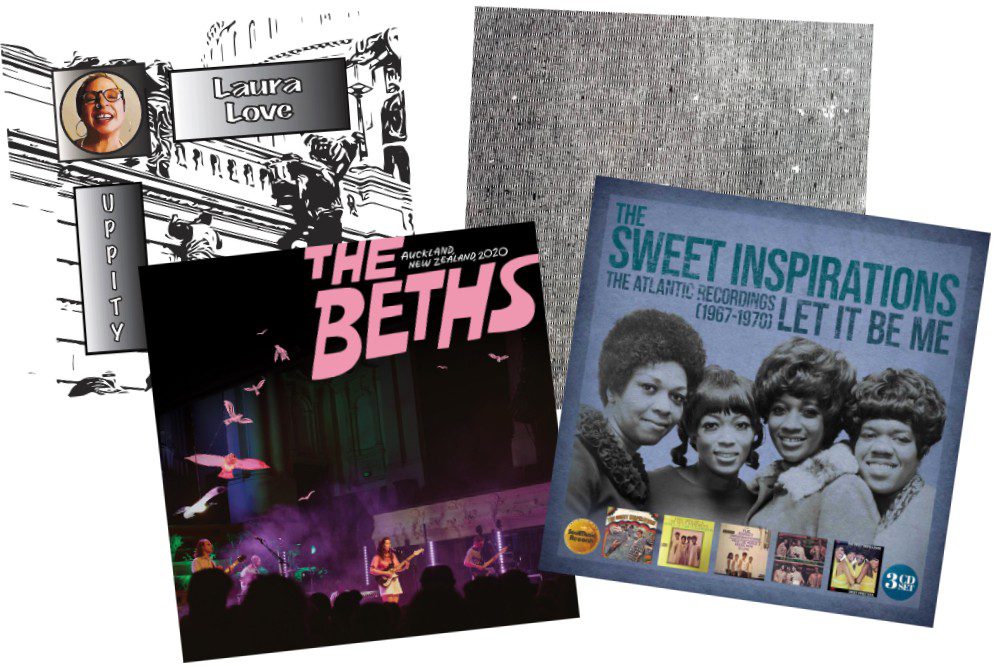
Welcome to Audiofemme’s monthly record review column, Musique Boutique, written by music journo vet Gillian G. Gaar. Every fourth Monday, Musique Boutique offers a cross-section of noteworthy reissues and new releases guaranteed to perk up your ears.
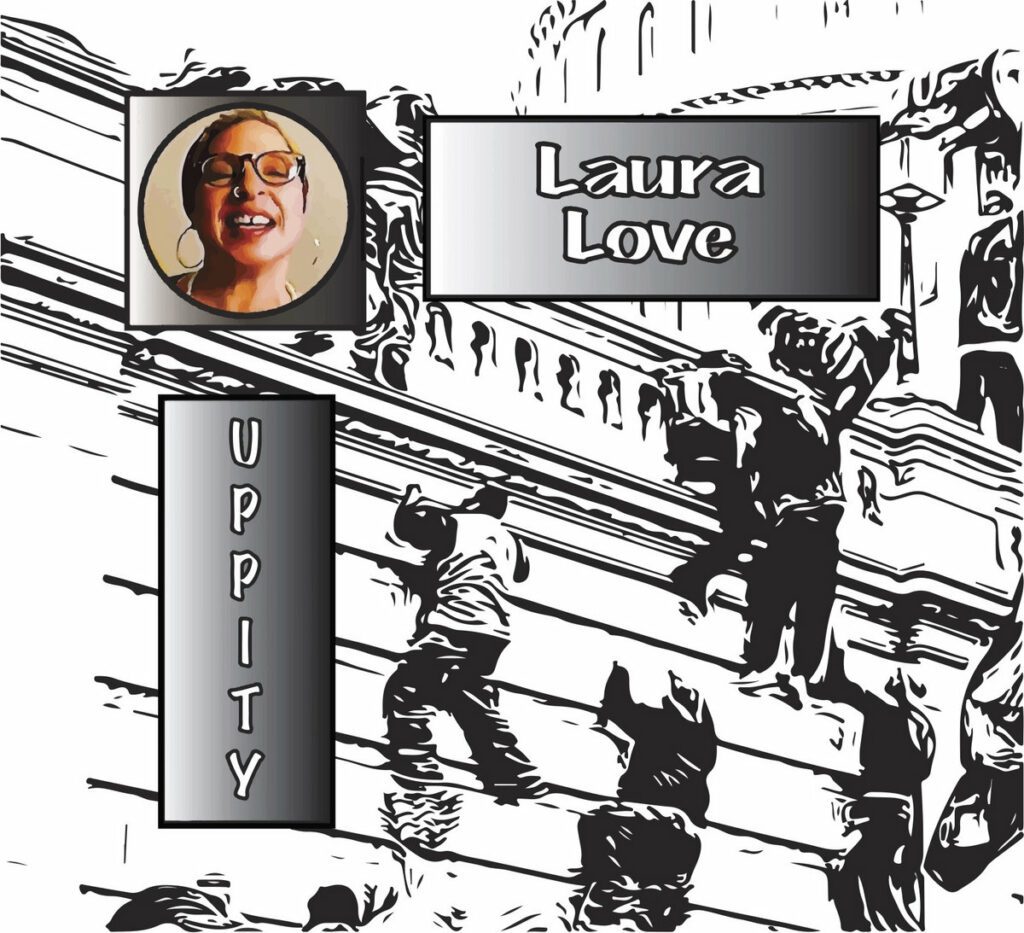
Laura Love is the kind of performer who doesn’t readily fit into any one category. Her songs have elements of folk, funk, pop, blues; Love has called her style “Afro-Celtic.” Her albums feature everything from a Nirvana cover to the ballad “Wayfaring Stranger” to “Amazing Grace.” She was a member of the satiric feminist band Venus Envy; her 2018 album She Loved Red was a searing depiction of recovering from personal loss.
When COVID hit, Love went into semi-retirement, “feeling satisfied that I’d said and done all I needed to say and do.” Then came the insurrection of January 6th, 2021, which galvanized Love into new musical action: Uppity is the result.
The acoustic sounds (dobro, banjo, harmonica) provide a deceptively mellow backdrop for an album that’s a powerful, stirring indictment of racial injustice. “You make me feel like a Nat Turner woman,” is Love’s jesting response to the white rioters she saw overwhelming the Capitol last January in “The Heart of Nat Turner.” In “23 and Me” she explores her own mixed-race history, as seen through the eyes of a young slave woman. The pain of dealing with “sexism, racism, and all the other isms that keep me up at night” runs deep. In “Gentle,” Love sadly admits, “I just don’t know how to mend; “It’s gonna take a long time for us to be fine” is the similar sentiment in “To Be Fine.” But there’s hope as well, in the uplifting “Bayou,” and a wonderfully freewheeling duet with Ruthie Foster on a cover of the Beatles’ “Two of Us.”
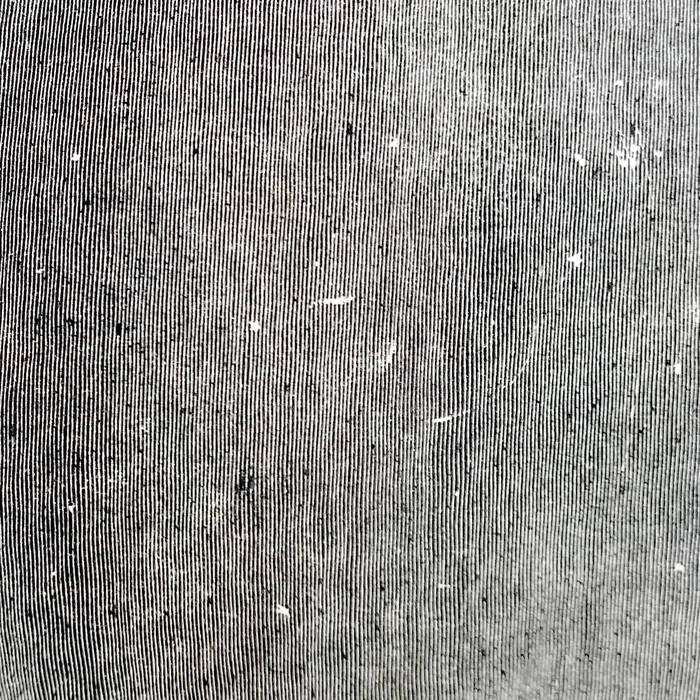
Low creates otherworldly sounds like you’ve never heard. Some have attempted to categorize the music of the husband-and-wife team (Alan Sparkhawk, Mimi Parker) by dubbing it “slowcore,” which is hopelessly mundane. Low are sonic shapeshifters, manipulating sounds and crafting them into something unexpected.
On Hey What (Sub Pop), the only element not subject to distortion are Sparkhawk and Parker’s voices, their harmonies serving as a kind of life raft to hang onto in the midst of a surging maelstrom. The heavy, industrial noise that opens the album might make you feel like you’re in for a rough ride. Not so. There may be some occasional turbulence, but there’s a mesmerizing purity in the vocals that provides a soothing balm. This is especially so on a song like “Days Like These,” which begins with the lush sound of the two singing acapella, before a blur of white noise fragments the soundscape.
At over seven-and-a-half minutes, “Hey” is a stately choral piece of symphonic scope, a slice of meditative ambience, classical music beamed in from another dimension. Hey What stretches musical boundaries in a way you never dreamed was possible.
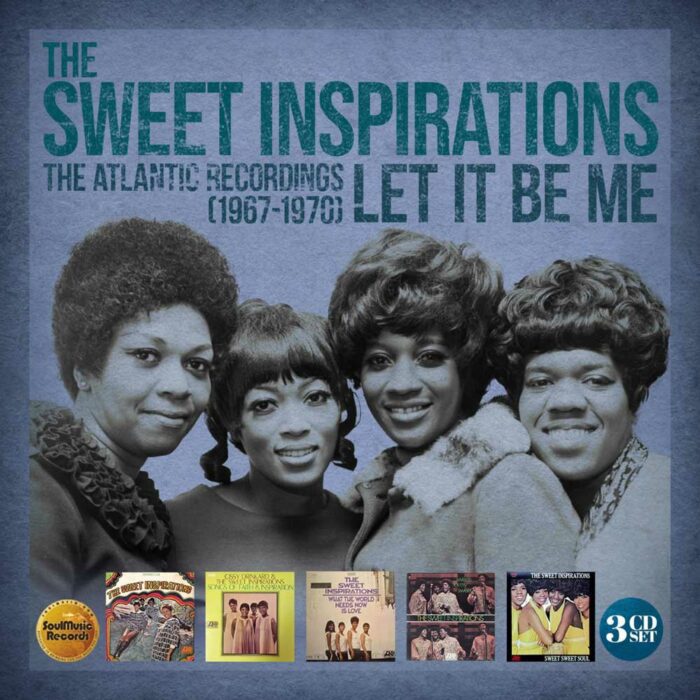
The Sweet Inspirations built their reputation by providing backing vocals for Dusty Springfield, Van Morrison, Wilson Pickett, and Petula Clark, among numerous others. Their horizons expanded when they toured and recorded with Aretha Franklin, and they gained an even bigger audience when they became Elvis Presley’s vocalists until 1969, working with him right up to the day he died (they were waiting on a plane headed for that night’s concert in Portland, Maine, with other band members, when they learned of Presley’s death).
They also released records in their own right, and Let It Be Me: The Atlantic Recordings (1967-1970) (Soul Music Records) covers their most commercially successful period. Myrna Smith, Estelle Brown, Sylvia Shemwell, and Emily “Cissy” Houston (Whitney’s mother) were previously members of such renowned vocal groups as the Drinkard Singers, the Gospelaires and the Gospel Wonders. So they have a natural affinity for hymns and spirituals like “What a Friend We Have in Jesus” and “Down by the Riverside.” But they also had the kind of commercial appeal that led the singles “Sweet Inspiration” and “Why (Am I Treated So Bad)” to find crossover success on the soul and pop charts. This fine collection allows the Sweets to take center stage and let their sublime voices shine.
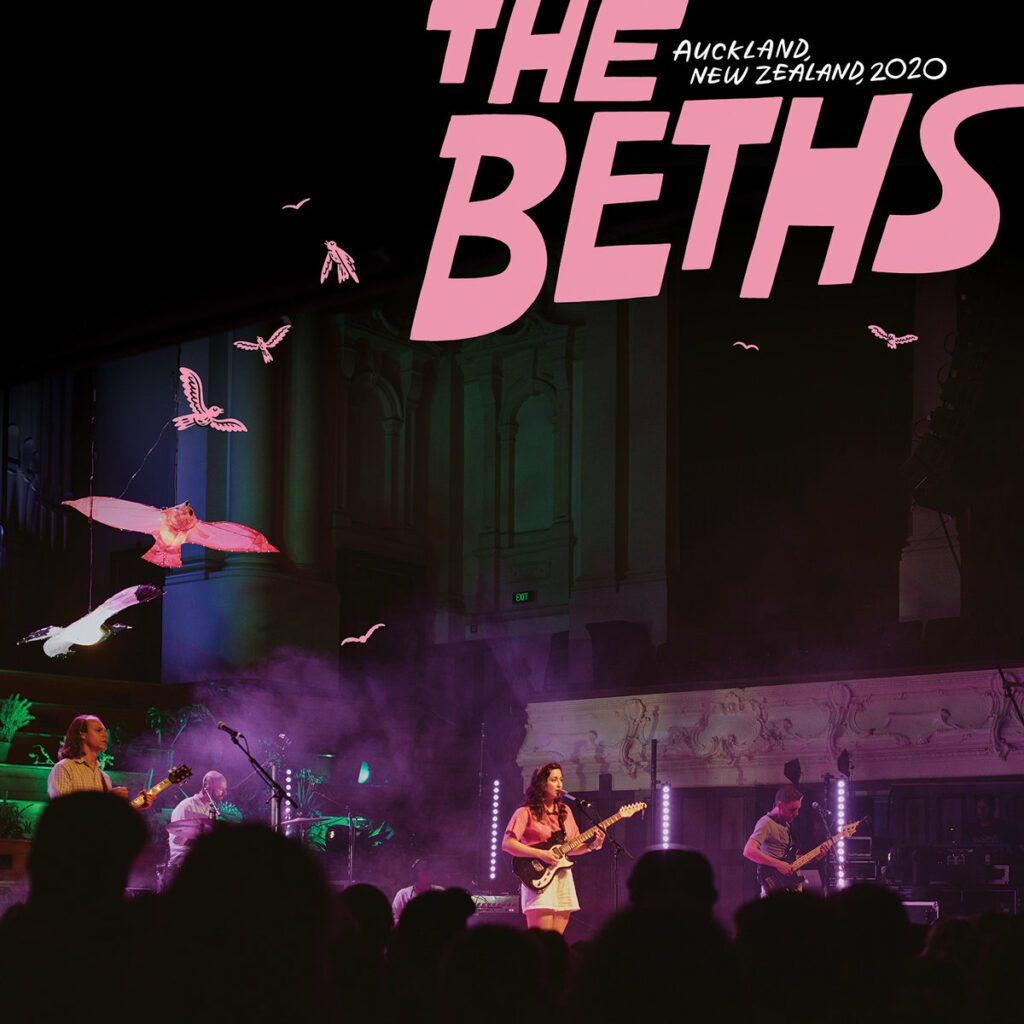
You can hear the excitement in their voices. Not the voices of the band — the voices of the audience, who are clearly thrilled to be at an actual live concert again. That energy is then naturally picked up by the band — the Beths — and reflected back to the crowd, resulting in a powerhouse performance on their live album, Auckland, New Zealand, 2020 (Carpark Records).
The Beths (Elizabeth Stokes, lead vocals/guitar; Jonathan Pearce, lead guitar/vocals; Benjamin Sinclair, bass/vocals; Tristan Deck, drums/vocals) were home in New Zealand in early 2020, preparing a tour for their upcoming album Jump Rope Gazers. Then the pandemic hit. Performance continued via live-streaming. But there’s nothing quite like being there in person.
From the opening blast of “I’m Not Getting Excited” to the last beat of “River Run: Lvl 1,” the show is one rollicking blast of power pop fervor. Catchy hooks, toe-tapping rhythms, a warm lead vocal backed by cool harmonies — it’s the total package. But tune into what’s being sung, and you’ll find that the bright musical spirits are matched by more downbeat lyrics. Stokes says that’s the intention; “Sweetly sung melodies and super depressing lyrics” are what she aims for. Love’s turmoil is the primary subject; in “Future Me Hates Me” Stokes dreads the inevitable fallout of succumbing to romance (“Future heartbreak, future headaches”), while in “Uptown Girl” she dips into unrequited longing. Then the peppy melody takes over and you know those blues won’t be sticking around for long.

